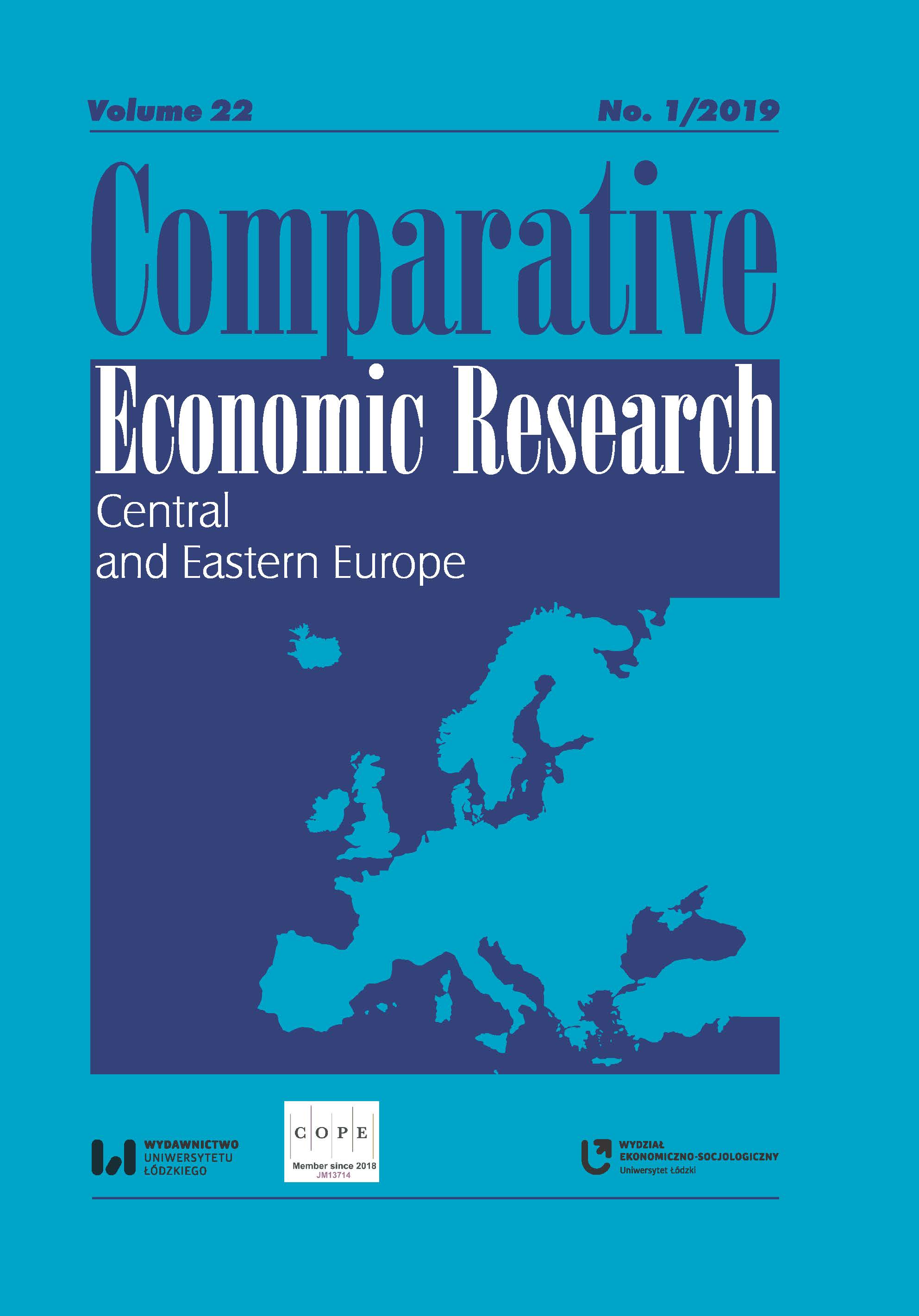Infrastructure, Human Capital Development and Economic Growth in Transitional Countries
Infrastructure, Human Capital Development and Economic Growth in Transitional Countries
Author(s): Kunofiwa Tsaurai, Adam NdouSubject(s): National Economy, Human Resources in Economy
Published by: Wydawnictwo Uniwersytetu Łódzkiego
Keywords: human capital; infrastructure transitional economies; dynamic GMM
Summary/Abstract: This study investigated the impact of infrastructure and human capital development on economic growth in transitional economies. It also explored whether the interaction between infrastructural and human capital development enhanced economic growth in the transitional economies. Although the literature is awash with studies which investigated the separate impact of infrastructure and human capital development on economic growth, no study that the author is aware of has so far explored whether the interaction between infrastructure and human capital development enhances economic growth. The study mainly used a dynamic panel generalised methods of moments (GMM) approach by Arellano and Bond (1995), a framework that takes into account the dynamic nature of economic growth data and addresses the endogeneity issues normally associated with economic growth regression functions. Panel data analysis approaches such as pooled ordinary least squares (OLS), and fixed and random effects were used for comparison purposes and robustness tests. According to the dynamic GMM framework, the interaction between infrastructure and human capital development improved economic growth in transitional economies, in line with theoretical and empirical predictions. Random effects and pooled OLS show that the interaction between infrastructural and human capital development had a deleterious effect on economic growth, whilst according to the fixed effects approach, the interaction between these two variables had an insignificant positive influence on economic growth in transitional economies. Considering that the results from a dynamic panel GMM are considered to be more accurate due to the approach’s ability to address the endogeneity problem and the dynamic nature of economic growth data, the current study recommends that transitional economies should implement policies that improve human capital development in order to enhance infrastructural development’s ability to influence economic growth. Future studies should investigate not just one (human capital development), but all the conditional factors which must be in place before economic growth advantages triggered by infrastructure development are realised.
Journal: Comparative Economic Research. Central and Eastern Europe
- Issue Year: 22/2019
- Issue No: 1
- Page Range: 33-52
- Page Count: 20
- Language: English

